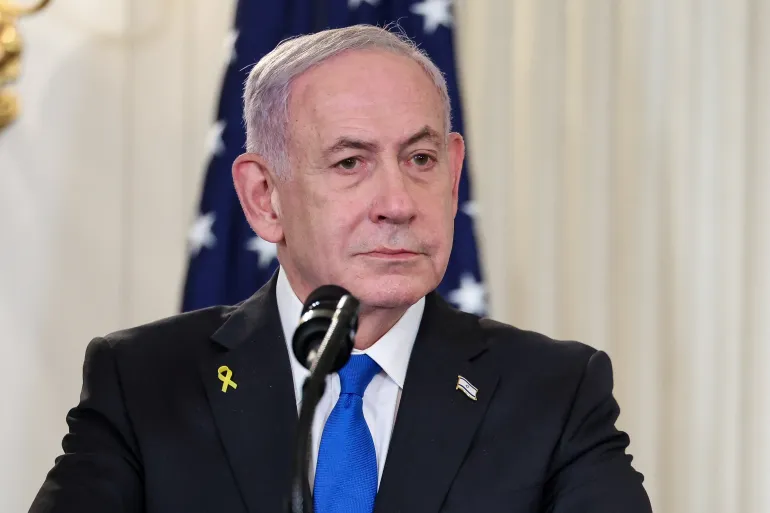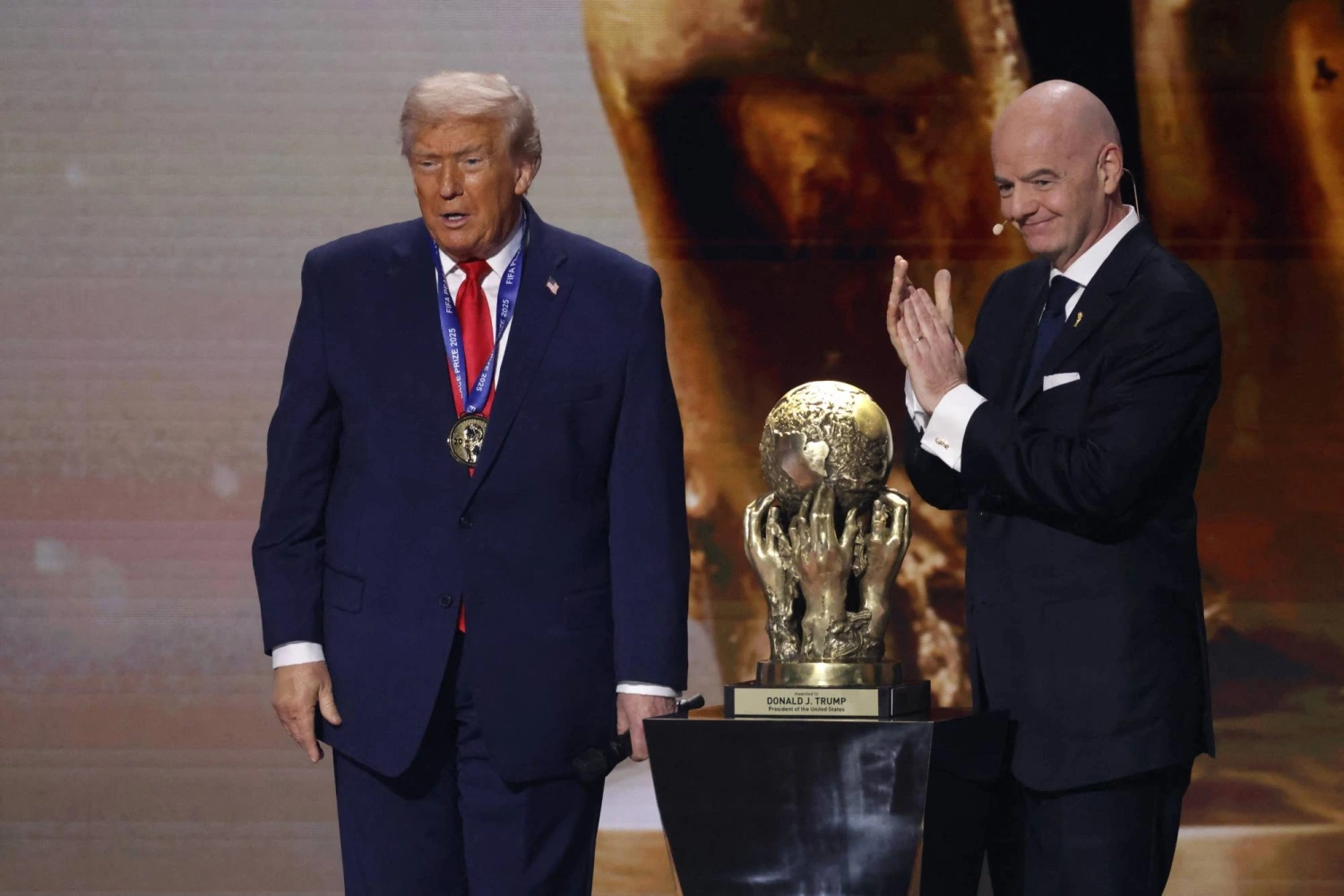Netanyahu Apologises to Qatar for Deadly Strike on Doha, Vows No Repeat

September 29, 2025 – Washington/Doha
Israeli Prime Minister Benjamin Netanyahu has formally apologised to Qatar following an Israeli airstrike in Doha earlier this month that killed a Qatari citizen and several Hamas members. The rare attack, which targeted senior Hamas leaders, marked a serious breach of Qatari sovereignty and drew widespread international condemnation.
The apology came during a call with Qatari Prime Minister Sheikh Mohammed bin Abdulrahman Al Thani, jointly initiated by Netanyahu and U.S. President Donald Trump during a meeting at the White House.
“Israel regrets that one of your citizens was killed in our strike. We were targeting Hamas, not Qatar,” Netanyahu told the Qatari leader, according to a post on his official X account. “Israel has no plan to violate your sovereignty again.”
The White House confirmed the call, noting Netanyahu “expressed deep regret” over the incident and assured both Qatar and the U.S. that similar actions would not occur in the future.
Background on the Attack
On September 9, Israeli missiles struck a residential area in Doha believed to be sheltering Hamas leaders involved in U.S.-backed ceasefire talks. While Hamas’s top figures survived, five lower-ranking members and a Qatari security officer, Badr Al-Dosari, were killed.
This marked the first Israeli military strike on Qatari soil—an extraordinary move given Qatar’s central role in mediating between Israel and Hamas, and its hosting of the largest U.S. military base in the Middle East, Al Udeid.
Qatar’s foreign ministry described the incident as a “blatant violation of sovereignty,” and had earlier insisted on a formal apology before continuing mediation efforts.
International Fallout
UN Secretary-General António Guterres condemned the strike as a “flagrant violation” of Qatar’s sovereignty. In the days following the attack, nearly 60 Muslim-majority countries gathered in Doha to show solidarity with Qatar.
Sultan Barakat, a professor at Qatar’s Hamad Bin Khalifa University, said the apology was crucial.
“Qatar made it clear that without a public apology and commitment not to repeat the aggression, mediation would not continue. This moment is significant for regional diplomacy,” Barakat told Al Jazeera.
Despite his apology, Netanyahu also voiced concerns about Qatar’s alleged support for groups like the Muslim Brotherhood and its coverage of Israel in outlets like Al Jazeera.
Still, the White House reported that Qatar “welcomed the assurances” and reaffirmed its commitment to regional stability, with both nations agreeing to move forward diplomatically.



